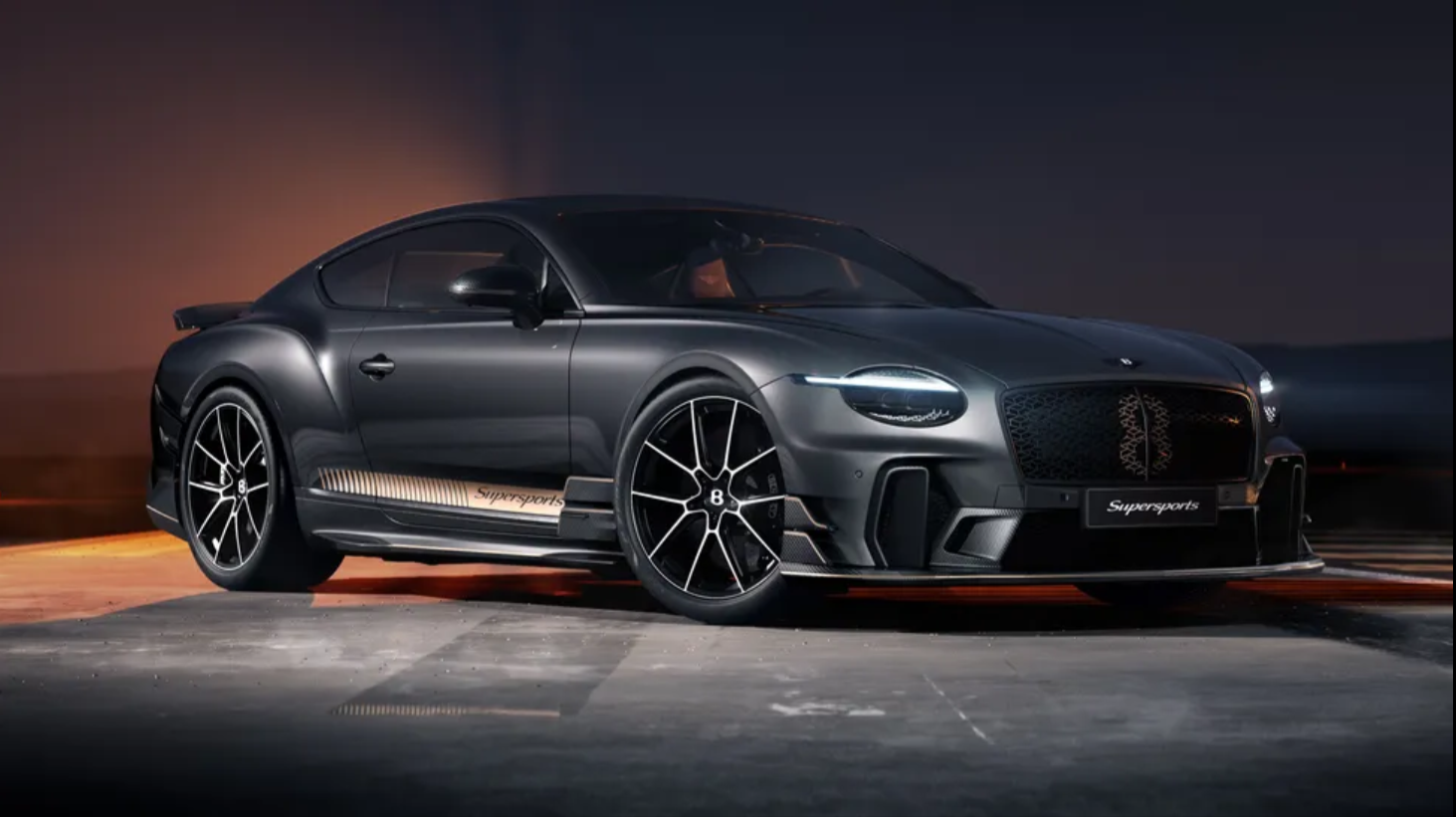It is reasonable to state that the adoption of EVs isn't progressing as certain automakers had anticipated. Many automakers are postponing their aspirational plans to switch to electric vehicles entirely over the next few years. Volkswagen has projected that by the end of the decade, EVs would make up as much as 80% of yearly sales in Europe. VW has revised its approach in response to the mediocre reception of the ID cars.
The German automaker will now allocate one-third of the €180 billion ($196 billion) allocated in 2023, mostly for next-generation electric vehicles, to the advancement of combustion engine technology. Arno Antlitz, the Volkswagen Group's chief operating and financial officer, made the news. About €60 billion ($65 billion) is what the business plans to invest in order to "keep our combustion cars competitive."
The CFO and COO continued, "The future is electric, but the past is not over," during a Reuters event in Munich. It is currently and always will be a third." The earlier plan, which called for the production and sale of entirely electric vehicles in Europe starting in 2033, was revealed in late 2022.
When discussing e-fuels, Volkswagen Brand Chief Thomas Schäfer called internal combustion engines (ICE) "old technology" last year. He said that the conversations on synthetic fuels were just "unnecessary noise." That's in spite of the fact that Porsche, a brand inside the VW Group, actively produces synthetic fuel at a facility in Chile.
Several premium brands within the Volkswagen group are closely monitoring the developments in sustainable fuels. In fact, Bugatti is considering creating fueling stations that could be placed in the owners' homes and stocked with synthetic gasoline. Lamborghini thinks that switching the combustion engine's fuel source from fossil fuels might rescue it. Additionally, Bentley is investigating almost carbon-neutral fuels.
In relation to the Crewe-based brand, Bentley has postponed by three years its goal of becoming an all-EV vehicle by 2030. Ford also no longer believes that it can run totally on electricity in Europe by 2030. Not so long ago, Aston Martin made the same decision to turn around and will keep making vehicles with internal combustion engines for the foreseeable future.
Since customers aren't ready to give up internal combustion engines just yet, it's evident that an increasing number of automakers are reassessing their EV strategy. Because of increasingly stringent emissions rules that demand expenditures to make gas engines run cleaner, automakers find themselves in a difficult situation. Global players are concerned about China's electric offensive at the same time.






.jpg)


.jpeg)

.jpeg)
.jpeg)

